Comments and Issues
NERC and the curse of Allodoxaphobia
Published
10 years agoon
By
Olu Emmanuel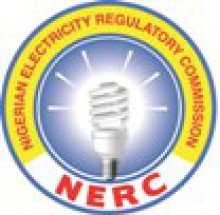
THE National Electricity Regulatory Commission (NERC) is a brain child of the electricity reforms in Nigeria. In point of fact, it is the EPSR act of 2005 that necessitated the need for an independent electricity regulator. A commission that will be at the fore front of the movement of the electricity provider from a government monopoly to private sector run organisation that will function on the basis of profitability. The commission is expected to see to the phases of the whole privatisation exercise as a watch dog. NERC is expected to harmonise internal issues among stakeholders, be proactive with thought leadership and the related. She is also expected to advise the ministry (or minister) in the declaration of a competitive market. That competitive market also called the Transitional Electricity Market (TEM) is the prelude to full blown privatisation. That is where we are now except … we are not quite there.
For starters, there are some issues with how the ministry had interacted withs NERC over the years of her activities. This has led to accusations from a number of the stakeholders in the industry. In particular the DISCOs have strongly insinuated that the commission under the previous leadership has operated as a horse without reigns. Expectedly a charge which the commission strongly refutes. The facts when laid bare here there has been no visible contributions from the ministry in the directives or other issues between the commission and other stakeholders irrespective of how controversial they may have been. Some have complained that the very nature of the privatisation exercise itself has been very faulty. The areas of contention being the structure of independence and interdependence between the Transmissions, Distribution & Generation aspects of the system. The opponents of the current system argue that the core issues that require solutions will be subject to the blame game.
Readers to this column and observers of our national electricity market will remember that there have been a number of times where the Transmission Company accused the DISCOs of ‘refusing’ electricity. The DISCOs on the other hand have said this is not so. Even technical people are at a loss on the proper way to resolve the issues for the person with the grater finances and bigger political weigh tends to win the game. The implication with that is that the systemic fault is not resolved and Nigeria suffers. In spite of these developments, NERC has been vehement in refuting the claims that there are faults in the privatisation process. Some people have gone a step further so say that NERC can look to the telecoms privatisation process a learn something. This mention of this seems to bring out the worst in or commission’s commissioners and other civil servants. They are quite to retort that Telecoms is not Power. That is true but there are very may seminaries between the two.
To begin with, both Telecoms & Power are utility services. They have very similar billing circumstances, similar customer relationship concerns and can even be interchanged. Another import facility is that there are also generation, transmission and distribution components to telecoms as well. In point of fact, the transmission network of power can be interchanged with that of telecoms. In simple terms, a transmission structure carrying power can also carry telecoms signals. What’s more, the signals of both industries (electricity for Power) and (data, video & voice for telecoms) are all part of the Electromagnetic (EM) Spectrum.
That is the same spectrum that has visible light. The billing software and system used for telecoms can be used for power (once the smart system is introduced) and much more. These are obvious similarities and are indicative of the fact that the Telecoms sector which has proven to be quite successful, can offer a mirror image of such success pathway to the power sector. A sector which is struggling to all intents and purposes. Pushing such an opinion to the NERC is like a red cloth to the bull. Similar reactions can be experienced where the thinking is against an ingrained line of thinking for the commission.
Allodoxaphobia is defined by the reference dictionary as a fear of opinions. The medical dictionary goes further to describe it as psychological disorder characterised by overwhelming fear of other people’s opinions. There is nothing good about it for all kinds of learning from the earliest of times is the resultant of the intercourse of opinions. The local slang being let’s rub minds. It goes without saying that anything inclining towards allodoxaphobia is antagonistic to learning and antagonistic to progress. I am certain that the action of NERC over time can be classified as allodoxaphobic, a process itself insulates and isolates. It attracts sycophants, the non-creative, bureaucrats and the very worst of maintain-status-quo kind of people. It is reminiscent to the Apartheid days of South Africa where the best of the nation’s talent was isolated and insulated from the world. It was a curse that was only lifted with the end of the Apartheid system. It was Albert Einstein who said “The significant problems we have today cannot be solved with the same level of thinking we had when we created them.” Albert was right. We need a new thinking in the NERC, we need some fresh ideas that will stir up the creative juices of the current government. It should be understood that such fresh ideas does not necessarily mean fresh faces. It does however mean the commission mingling with newer people. This is a clarion call to the NERC to open up and listen. Nigeria deserves that. For Energy is the most important commodity. Period!
You may like
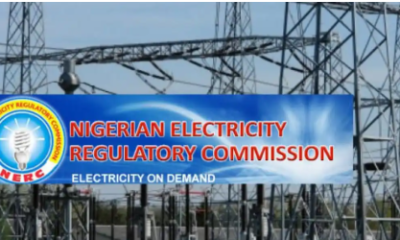

Drama unfolds as NERC Chairman-Designate resumes office without Senate confirmation
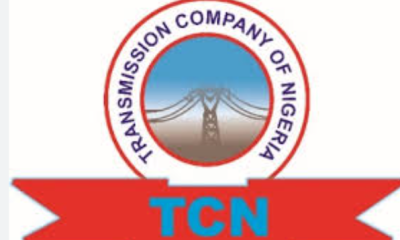

TCN and Kano state resolve land dispute, clear path for major power line project
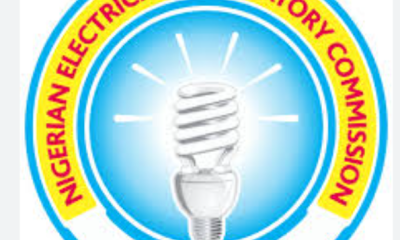

Nigeria’s power subsidy jumps to N1.94tn; Governors reject electricity act amendment


NERC digitizes electricity bill collection, issues new guidelines for transparency
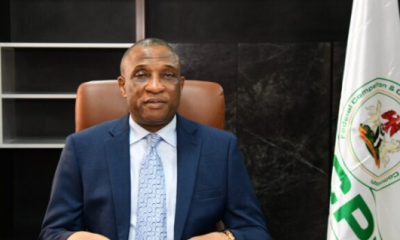

FCCPC orders halt to unistar prepaid meter replacements by IKEDC, EKEDP
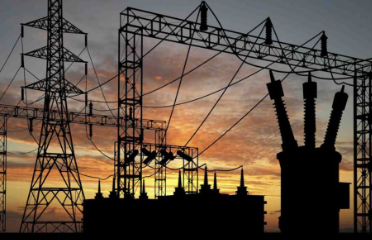

Nigerians urge Federal Government to address National Grid failures amid economic concerns
Trending

 Entertainment1 week ago
Entertainment1 week agoSinger Simi sparks debate after calling for death penalty for rapists

 Business1 week ago
Business1 week agoNaira mixed across markets as official window dips, parallel market strengthens

 Health1 week ago
Health1 week agoStudy suggests possible link between cell tower radiation and rising diabetes cases

 Business1 week ago
Business1 week agoNaira hits N1,337 against Dollar amid positive market sentiment

 Latest1 week ago
Latest1 week agoADC blasts APC over electoral act amendment, warns against ‘democratic backsliding’

 Entertainment1 week ago
Entertainment1 week agoTems, Burna Boy set new African record with most entries on Billboard hot 100

 Football1 week ago
Football1 week agoUCL Playoff: Gordon scores four as Newcastle thrash Qarabağ 6-1

 Entertainment6 days ago
Entertainment6 days agoSinger Simi faces backlash after TikToker admits to false rape allegation

